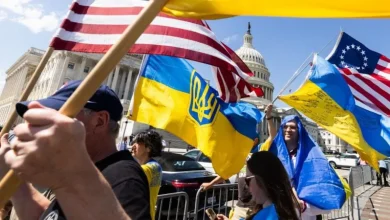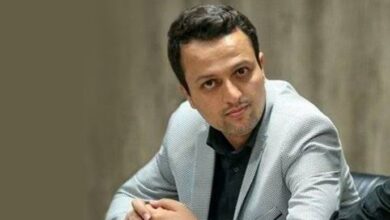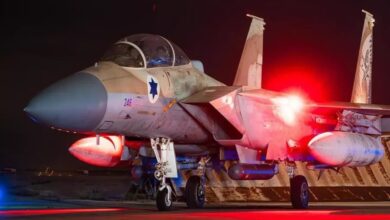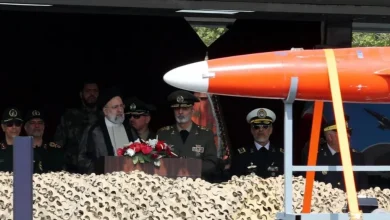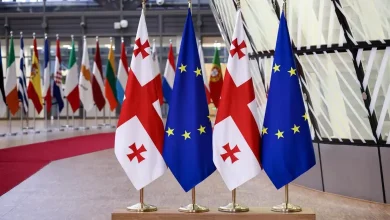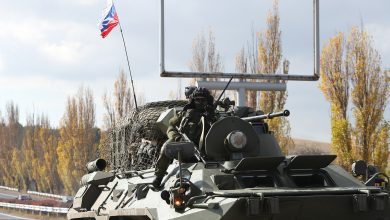Turkish Grey Wolves the main suspect in Thai bombing
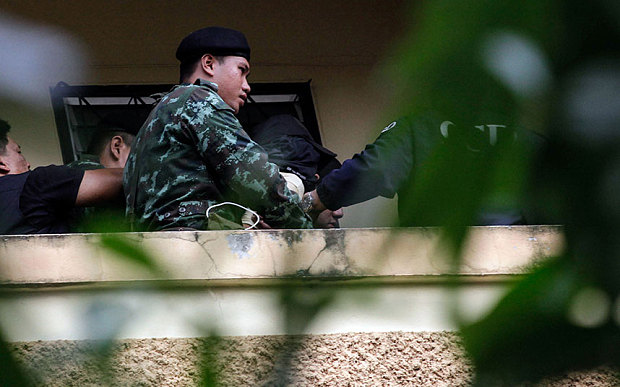
Ultra-nationalist Turkish terrorist group is the key suspect in bombing after arrest of reported Turkish national in Thai capital, The Telegraph reports.
The arrest of a reported Turkish citizen with bomb-making material by Bangkok police has put the spotlight on the Grey Wolves, a pan-Turkic terror group with cause for enmity of Thais
The Grey Wolves, an ultra-nationalist Turkish terrorist group, have emerged as key suspects in the Bangkok shrine bombing after the arrest of a reported Turkish national in the Thai capital.
The extremist faction may have committed the worst terrorist atrocity in Bangkok’s history in retaliation for Thailand’s recent controversial deportation of more than 100 Uighurs, ethnic Turkic Muslims, to China.
No group has claimed responsibility for the bomb that tore through worshippers at the Erawan shrine, killing six Thais and 14 ethnic Chinese Asian visitors.
But in the most significant breakthrough since the August 17 bombing, Thai police have arrested a man carrying a passport, possibly falsified, of Adem Karadag, a 28-year-old Turk.
The man was seized with bomb making material – including the sort of ball-bearings packed around explosives in the device – in a police raid on an apartment near a university popular with foreign students on the outskirts of Bangkok.
His reported citizenship has focussed attention on a possible radical Turkish connection to the bombing.
The Grey Wolves have figured as possible suspects because of pan-Turkish anger at Thailand’s deportation of 109 Uighurs to China.
The Grey Wolves are a Turkish ultra-nationalist organisation established in the 1960s. Their alleged death squads murdered left-wing and liberal activists and intellectuals as well as staging the attempt on Pope John Paul II’s life in 1981.
The radical Pan-Turkic organisation extended operations in the early 1990s into post-Soviet states with Turkic and Muslim populations, including the Nagorno-Karabakh war and the Chechen conflict.
The group has close ties to Turkish crime mafia gangs that operate in Bangkok and could have provided logistical support for operations in the Thai capital.


